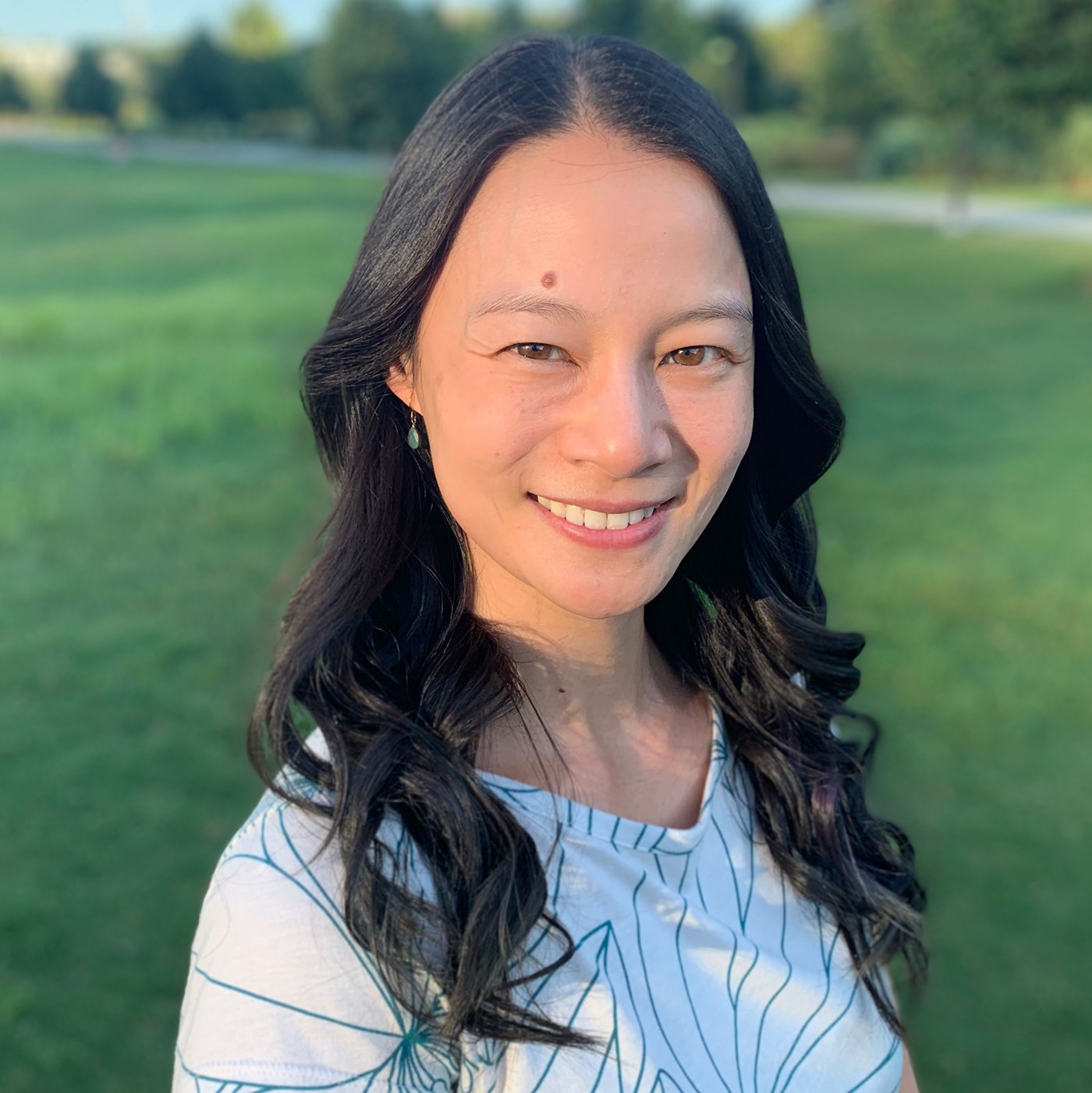Expertise
Epigenetics, longevity, chromatin, molecular genetics
Research Interests
Epigenetics of longevity, Chromatin, Genetics, Cell Biology, Development
Our lab studies the epigenetics of complex traits: how genomes are packaged into chromatin, how chromatin landscapes are passed from one generation to the next, and how this transgenerational inheritance affects phenotypes like aging and fertility. Using the tractable model nematode C. elegans, we integrate molecular and classical genetic techniques with genomics and high-resolution microscopy.
Previously, we discovered that heritable changes in chromatin landscapes can have profound physiological consequences - for example, animals live longer when they inherit high levels of repressive chromatin from their ancestors. Future work will define how the transgenerational inheritance of chromatin affects gene expression throughout an organism's life cycle. These projects will allow us to uncover general principles of how heritable chromosome structure regulates gene expression. We think the best science is done in an inclusive and supportive environment, and welcome those from all backgrounds, at all training stages.
Education
- Postdoc: Cell Biology, (2020), Emory University
- PhD: Molecular & Cell Biology, (2014), University of California, Berkeley
- BS: Biology, (2007), University of North Carolina at Chapel Hill
Selected Awards and Honors
- Faculty Excellence Award for Mentoring RHSA Students (2024)
- Teaching Excellence Award - Biological Sciences (2023)
- NIH IRACDA-FIRST Postdoctoral Fellowship (2017)
- ASCB PALM Fellowship (2016)
- NSF Graduate Research Fellowship (2012)
Selected Publications
Underline denotes undergraduate author.
- Croft JC, Colunga A, Solh L*, Dillon MK*, Lee TW. “Pharyngeal pumping rate does not reflect lifespan extension in C. elegans transgenerational longevity mutants.” MicroPubl Biol. 2023. https://doi.org/10.17912/micropub.biology.000719. (*equal contribution)
- Ananthaswamy D*, Croft JC*, Woozencroft N, Lee TW. “C. elegans Gonad Dissection and Freeze Crack for Immunofluorescence and DAPI Staining.” J. Vis. Exp. 187: e64204, https://doi.org/10.3791/64204. (*equal contribution)
- Carpenter BS, Lee TW, Plott CF, Rodriguez JD, Brockett JS, Myrick DA, Katz DJ. “C. elegans establishes germline versus soma by balancing inherited histone methylation.” Development 2021: dev.196600 https://doi.org/10.1242/dev.196600.
- Lee TW, Katz DJ. “Hansel, Gretel, and the Consequences of Failing to Remove Histone Methylation Breadcrumbs” Trends in Genetics 36: 3. https://doi.org/10.1016/j.tig.2019.12.004.
- Lee TW, Engstrom AK, David HS, Carpenter BS, Katz DJ. “Repressive H3K9me2 protects lifespan against the transgenerational burden of COMPASS activity in C. elegans” eLife. 8:e48498 https://doi.org/10.7554/eLife.48498. (selected for eLife Insight article & recommended by Faculty of 1000)
- Lee TW, Carpenter BS, Birol O, Katz DJ, Schmeichel KL. “The Pipeline CURE: an iterative approach to introduce all students to research throughout a biology curriculum.” CourseSource. https://doi.org/10.24918/cs.2019.29.
Selected Contracts, Fellowships, Grants and Sponsored Research
- Linking transgenerational epigenetic inheritance to gene expression and lifespan in C. elegans (2021) NIH R15, Principal Investigator
- Chromatin-mediated maintenance of genomic integrity in germ cells (2021) NIH R15, Co-Investigator

